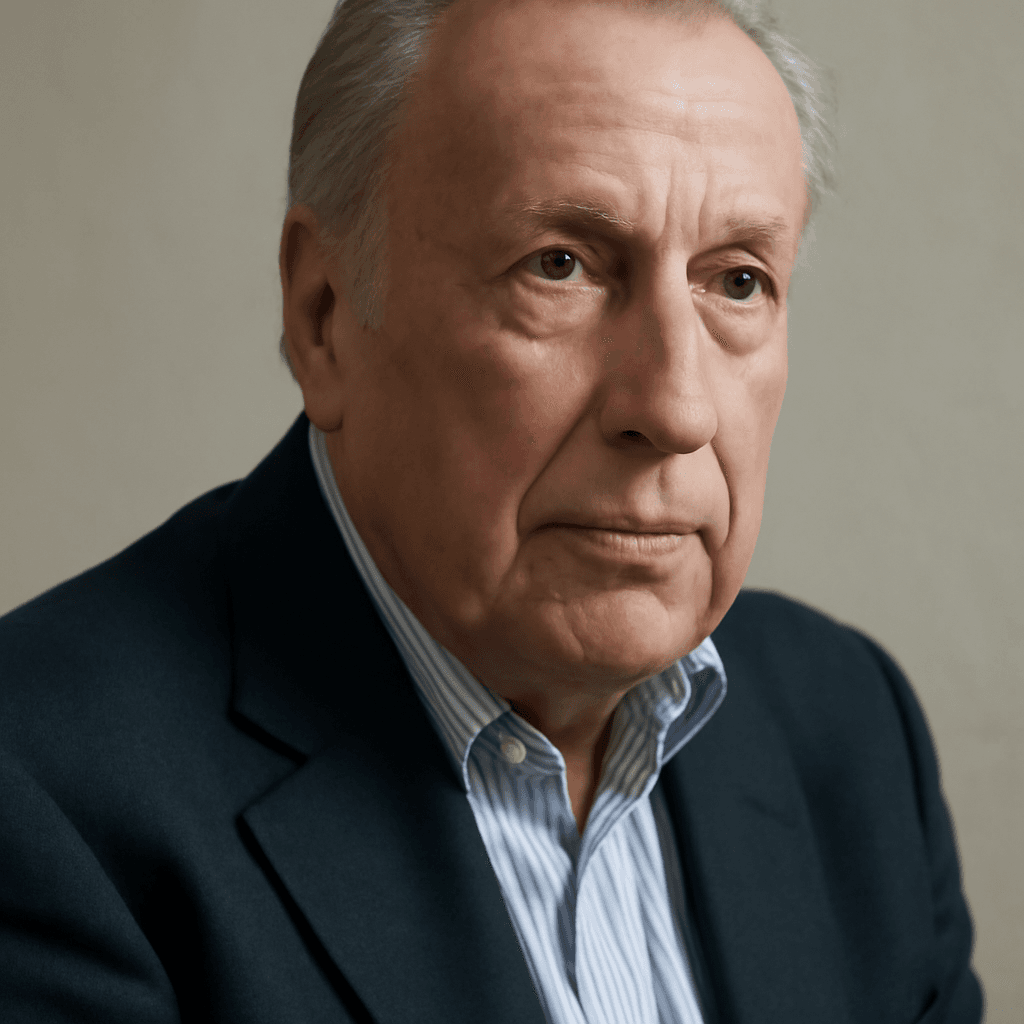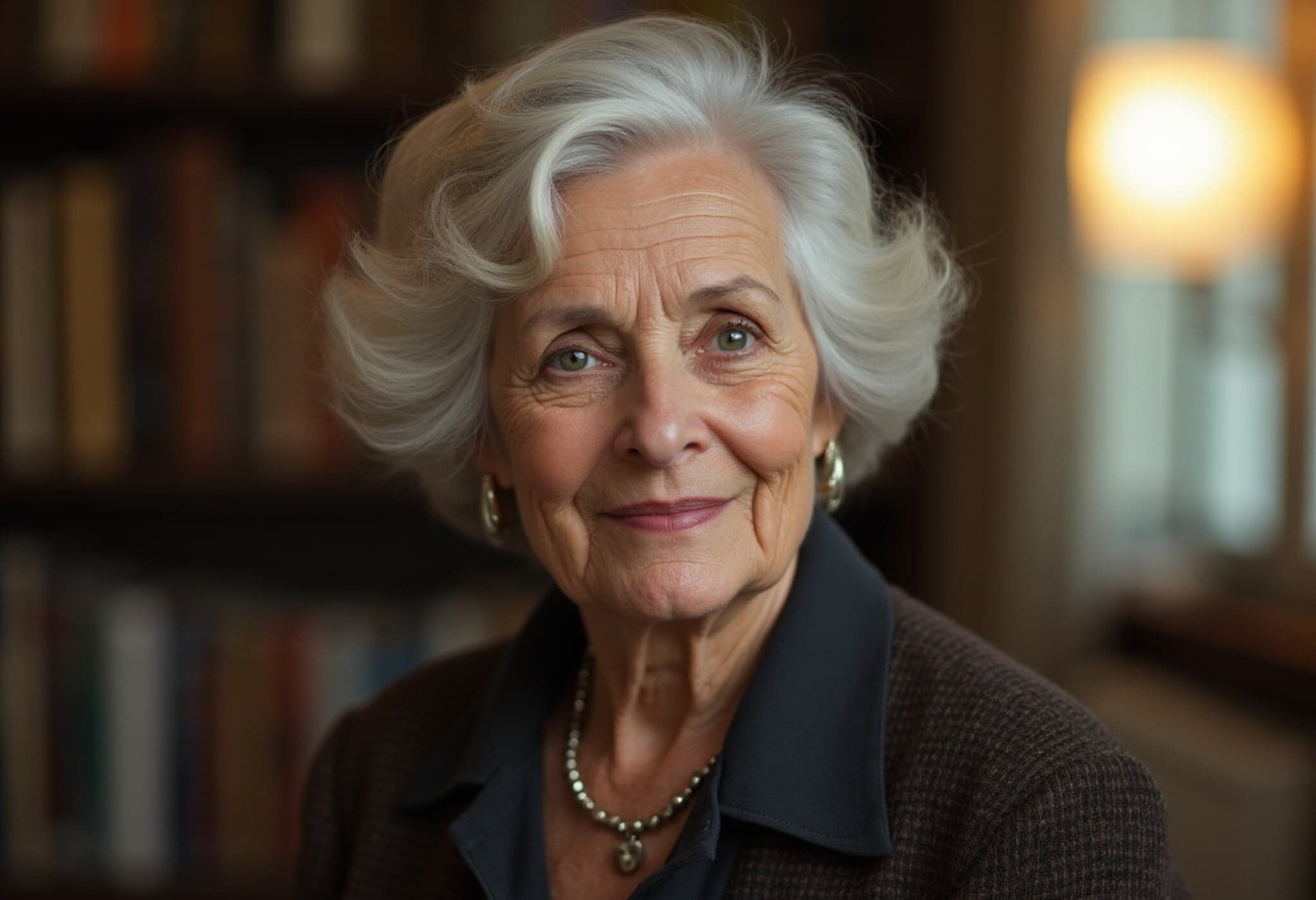Frederick Forsyth: More Than Just a Master Storyteller
When Frederick Forsyth passed away on June 9, 2025, at the age of 86, the literary world lost a unique voice who blurred the lines between thrilling fiction and real-world espionage. Forsyth wasn’t just a bestselling novelist; his life was captivatingly intertwined with the very subjects he wrote about — from his days as a Royal Air Force pilot and a war correspondent to his covert connections with intelligence agencies. His stories didn’t just entertain; they offered a rare glimpse into the intricacies of global power struggles and covert operations.
10 Remarkable Facts About Frederick Forsyth
1. Revolutionizing the Spy Thriller Genre
Before Forsyth arrived on the scene, spy fiction was mainly either glamorous or psychological. He transformed it by introducing a meticulous, procedural style rooted deeply in statecraft and realistic operations. His narratives thrived on details — like the timing of a train or the specs of a hidden weapon — making tension arise from fact-driven precision rather than melodrama.
2. A Fighter Pilot Turned Wordsmith
At just 19, Forsyth joined the Royal Air Force, flying de Havilland Vampire jets during his national service. This rigorous background shaped his approach to storytelling — structured, planned, and disciplined — much like a well-executed flight mission.
3. Standing Up Against Censorship
As a BBC correspondent during the Nigerian Civil War, Forsyth witnessed staggering atrocities in Biafra. When the BBC censored his reports due to political pressure, he chose to resign rather than mute the truth. That pivotal decision steered him toward fiction as a powerful alternative to censored journalism.
4. Writing The Day of the Jackal in Just 35 Days
In 1970, unemployed and living modestly, Forsyth turned a real failed assassination plot on French President de Gaulle into The Day of the Jackal. Written swiftly and without conventional heroic arcs, the novel became a bestseller, selling over 10 million copies and becoming essential reading for intelligence professionals worldwide.
5. Outsmarting Real Mercenaries for Research
To craft The Dogs of War, Forsyth staged a faux coup, recruiting actual mercenaries under the pretense of a real operation. Only at the last moment did he reveal it was a research exercise, enraging them but underscoring the dark realities of corporate-backed regime changes.
6. Secretly Supporting British Intelligence for Over 20 Years
Forsyth later confirmed that he operated as an informal asset for British intelligence for decades. While not a traditional spy, his global travels and journalist guise made him a valuable observer, often blending real experience with his fictional worlds.
7. Influencing Nuclear Disarmament Talks in South Africa
Though never officially acknowledged, Forsyth reportedly played a behind-the-scenes role in backchannel discussions during the late 1980s involving South Africa's nuclear disarmament — a landmark move that saw the nation voluntarily relinquish its nuclear arsenal in 1989.
8. A Hands-On, Authentic Writer
Forsyth penned all his works by hand, never relying on ghostwriters or assistants. His bibliography covers more than 20 books, translated into 30 languages and read by a spectrum of readers, from world leaders to intelligence operatives, often stirring governmental concern due to their startling realism.
9. Foreseeing Vladimir Putin’s Rise
In Icon (1996), Forsyth imagined a post-Soviet Russia dominated by a cunning ex-KGB officer intent on restoring authoritarian control. This fictional character foreshadowed Vladimir Putin’s improbable ascent just three years later, displaying Forsyth's knack for predicting political tides.
10. A Brush With Eastern Bloc Espionage
Forsyth candidly revealed in his memoir that he once had a brief relationship with a woman who was an agent of the Czech secret police. This personal experience sharpened his understanding of how intelligence agencies manipulate personal connections—a theme that resonates throughout his work.
The Legacy of Frederick Forsyth
Frederick Forsyth redefined what thrillers could accomplish: weaving unvarnished truths with gripping narratives. His novels remain quietly potent — precise, chillingly plausible, and endlessly insightful. Forsyth understood that sometimes, fiction could expose truths that diplomacy and journalism could not. Though he’s no longer with us, his stories endure, standing as a testament to the power of truth told through suspense.












